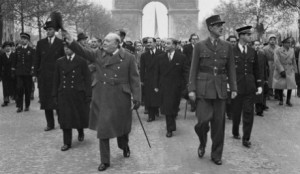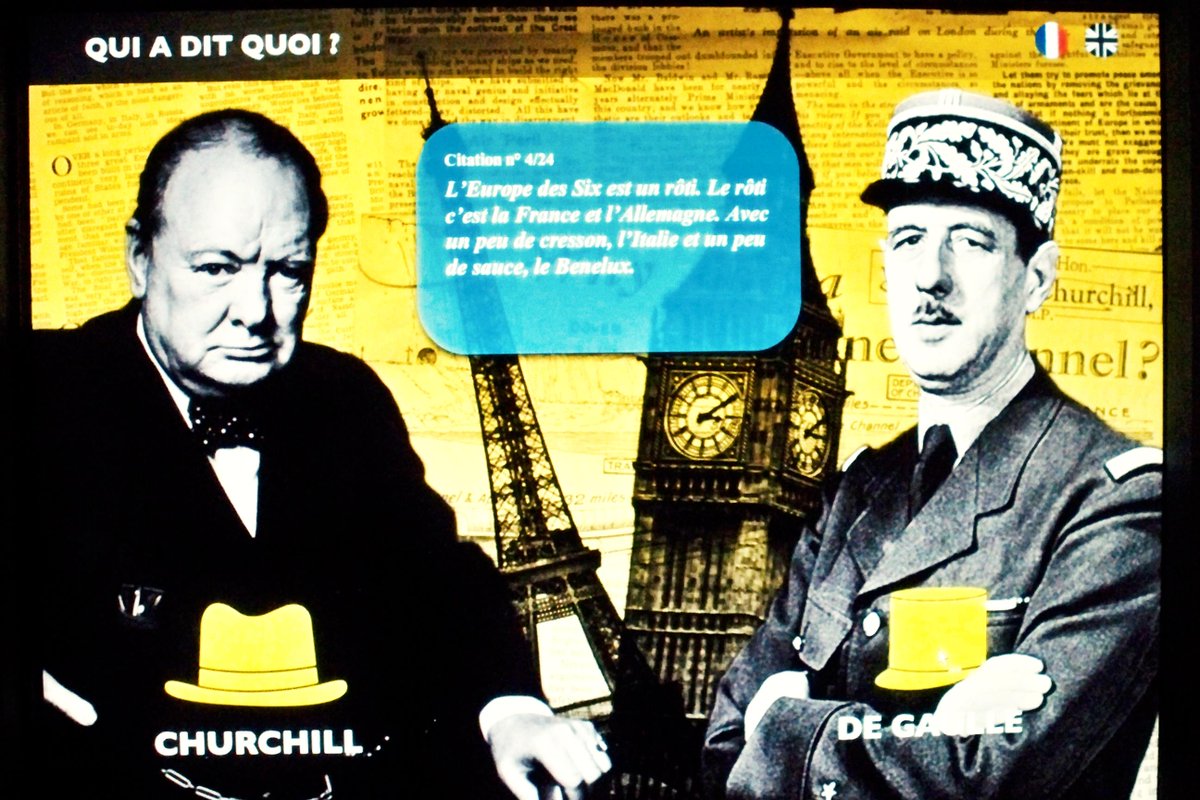
Among the sub-headings in the Roberts index under Churchill, Sir Winston – Characteristics and Qualities are: alcohol consumption, sense of destiny, self-confidence, ruthlessness, insensitivity, photographic memory, unpunctuality, physical courage, formidable energy, magnanimity, criticized for lack of judgement, and ignoring of all ‘No Smoking’ signs. Reviewing the index of both books provides a further interesting means of comparing the two figures. Both books have been rightly acclaimed as the best one-volume biographies yet published on their respective subjects. Largely a political narrative, Jackson also writes of the sad story of De Gaulle’s daughter and of his very private relationship with his wife Yvonne.ĭe Gaulle ranks alongside Churchill: Walking with Destiny by Andrew Roberts, also published in 2018. The majestic one-volume 800-page biography is beautifully written and a judicious treatment of the epic story that is De Gaulle’s life.

The relationship between Churchill and De Gaulle (with the Frenchman’s lasting ingratitude to the British who created De Gaulle in June 1940 when he was almost entirely unknown in France) is covered in De Gaulle by Julian Jackson (Queen Mary University of London). Colombey and Chartwell are apt metaphors for the similarities and differences between the two men who became the embodiment of their countries in the summer of 1940. No visitor would ever have called the charming property “bleak” or even more unlikely called its comforts “austere” as Churchill was famously only satisfied with the best of everything. Bought in 1934, the property was “modest with minimal comfort” set amidst a “bleak panorama of endless forest” that was “grandiose in its monotony.” During the 1950s, as De Gaulle walked endlessly in its gardens largely cut off from the outside world awaiting his next historical moment, Colombey became part of Gaullist mythology and, as Julian Jackson observes in De Gaulle, a “literary genre.” De Gaulle himself proclaimed it a place of solitude where the “wild depths of the forest invades the site like the sea beating at the promontory,” while a visitor called it an “austere Wuthering Heights.” As Jackson wryly writes, “in no report of a visit to Colombey does the sun ever seem to shine or the wind not blow.” Colombey could not have been more different from Chartwell, Winston Churchill’s country home in Kent.


Charles De Gaulle’s country house of La Boisserie was located in the village of Colombey-les-deux-Eglises in a remote part of eastern France, a five-hour train journey from Paris.


 0 kommentar(er)
0 kommentar(er)
